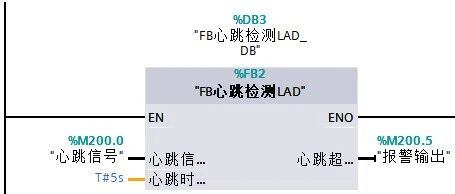PLC Heartbeat Detection Programming Techniques and Methods
At the end of this article, there are 55 practical case materials.Introduction: In industrial automation, PLCs are one of the core devices that need to communicate with multiple external devices for real-time monitoring and response. In these applications, “heartbeat detection” is a very important function that can effectively mitigate significant production safety risks caused by … Read more









